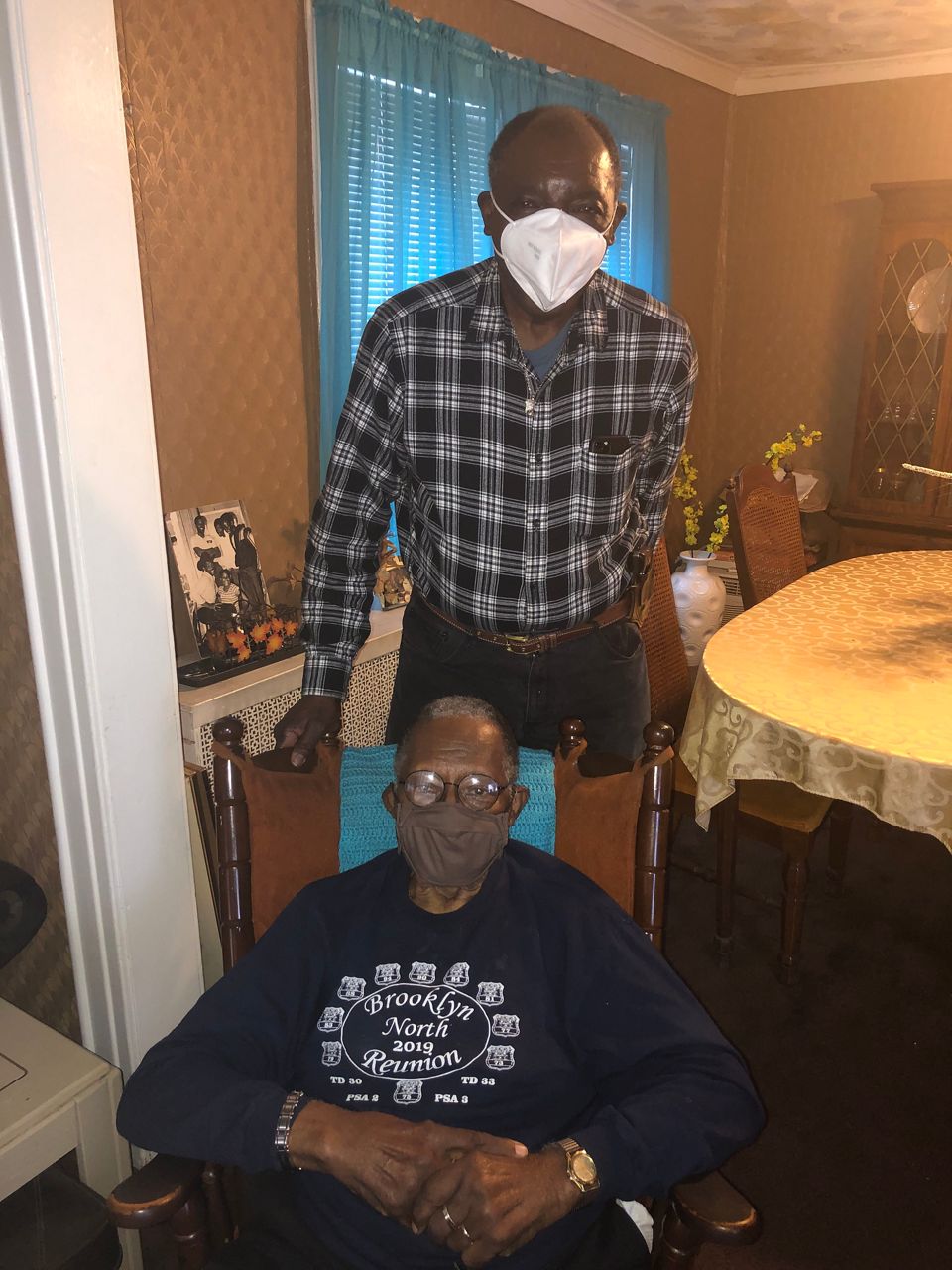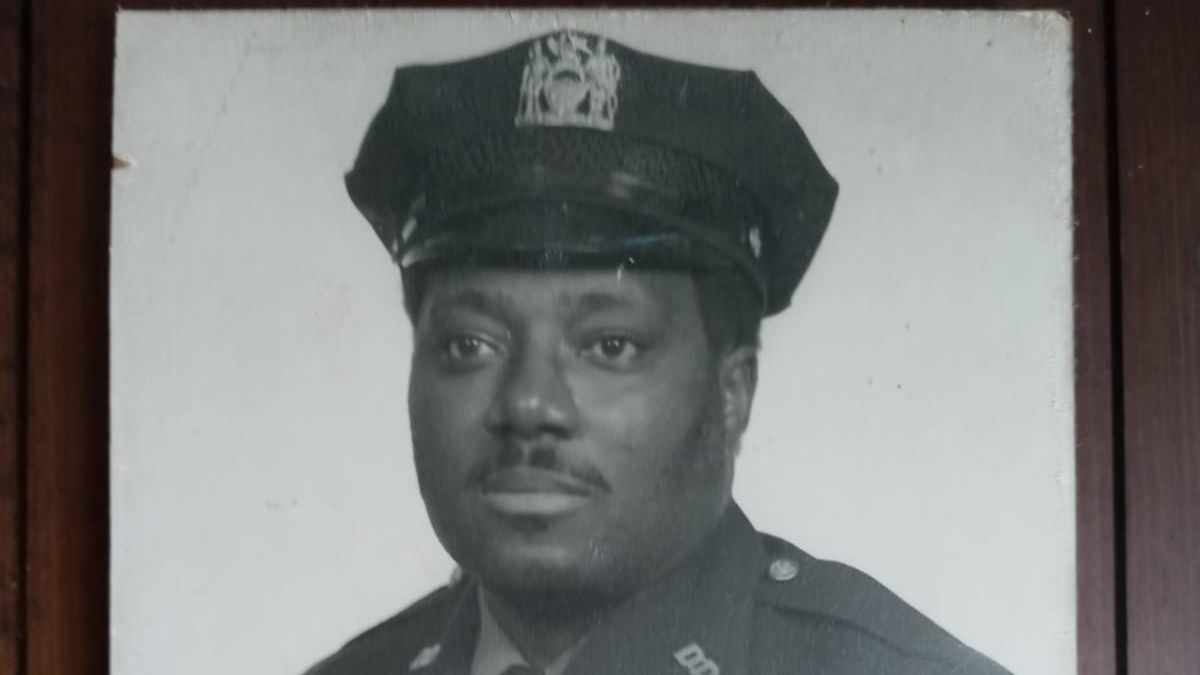There’s some real Black history between Ruben Bankhead and Leroy Hendricks, two retired NYPD detectives.
The 91-year-old Bankhead had an opportunity many could only dream about: meeting Dr. Martin Luther King Jr.
“He came to Brooklyn and they wanted to give him some extra protection," Bankhead recalled. "My unit got the assignment, and I was fortunate enough to get picked to be with Dr. King.”
King often traveled to New York in the 1950s and '60s for civil rights rallies.
He was stabbed and almost killed in Harlem in 1958 by a mentally ill woman.

Bankhead joined the NYPD that same year.
A few years later, he recalls spending the day with King, making sure he was safe during a visit to a Brooklyn church.
“It was a marvel, I’m telling you, it was a marvel. I think about it today. I was fortunate to talk to the man, to be able to talk to Martin Luther King,” he proudly said.
Bankhead and Hendricks say they also fought for equality in the police department.
Hendricks joined the NYPD in 1968. Both men say it was commonplace back then to see white officers beating and abusing Black suspects. Hendricks said in one case, a man was handcuffed to a radiator and assaulted,
"They walk over and punch the guy in the month," he said. "The heat from the radiator is going through the handcuffs to his wrist."
Hendricks would complain about the abuse.
The 75-year-old says he first understood racism as a youngster, when white supremacists bombed a Black church in Birmingham, Alabama, in 1963. Four young girls were killed. Closer to home, he says racism was subtle, but there. As a kid going to the mostly white Rockaway Beach in Queens, he says he was made to feel he didn’t belong.
“Kids started singing the song 'That Old Black Magic,' and I would say 'Mom, what are they singing? What are they talking about?' She’d say, 'Shut up boy, just keep walking.'”
Today, Hendricks is still involved with the fight for equality as a member of the retired NYPD Guardians, a Black fraternal organization. During this period of police reforms, the group has been meeting with NYPD leadership and helped to convince the city to allow community members to be a part of selecting precinct commanders.
“We are making inroads,” said Hendricks.
For these men who lived through the civil rights movement as Black cops, they say some of the same injustices they saw 50 and 60 years ago are still happening.
For them, today’s Black Lives Matter movement is needed. Bankhead says if he could march, he would.
“I wish I could be out there with them, if it’s going to help my Black brothers and sisters,” he said.





